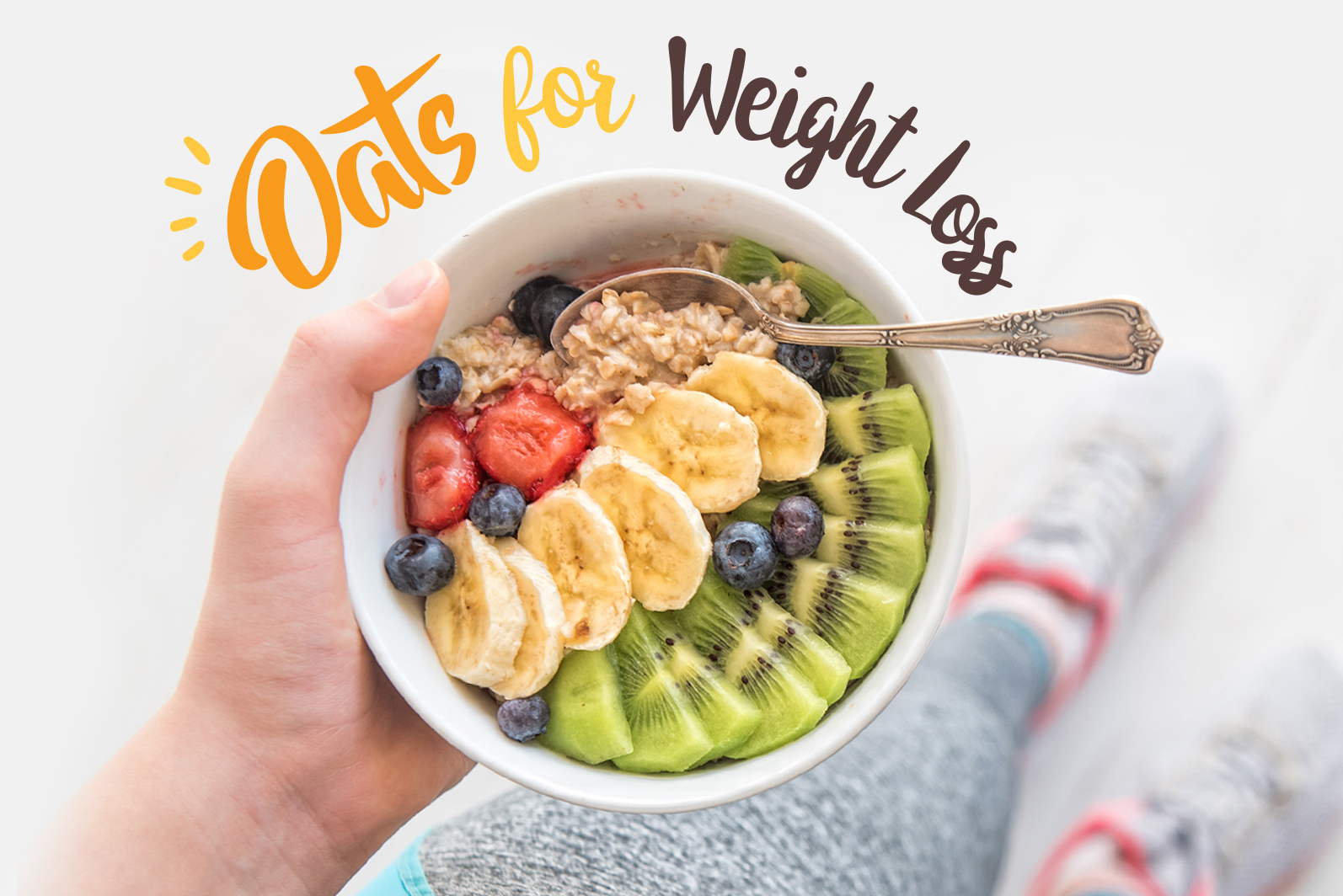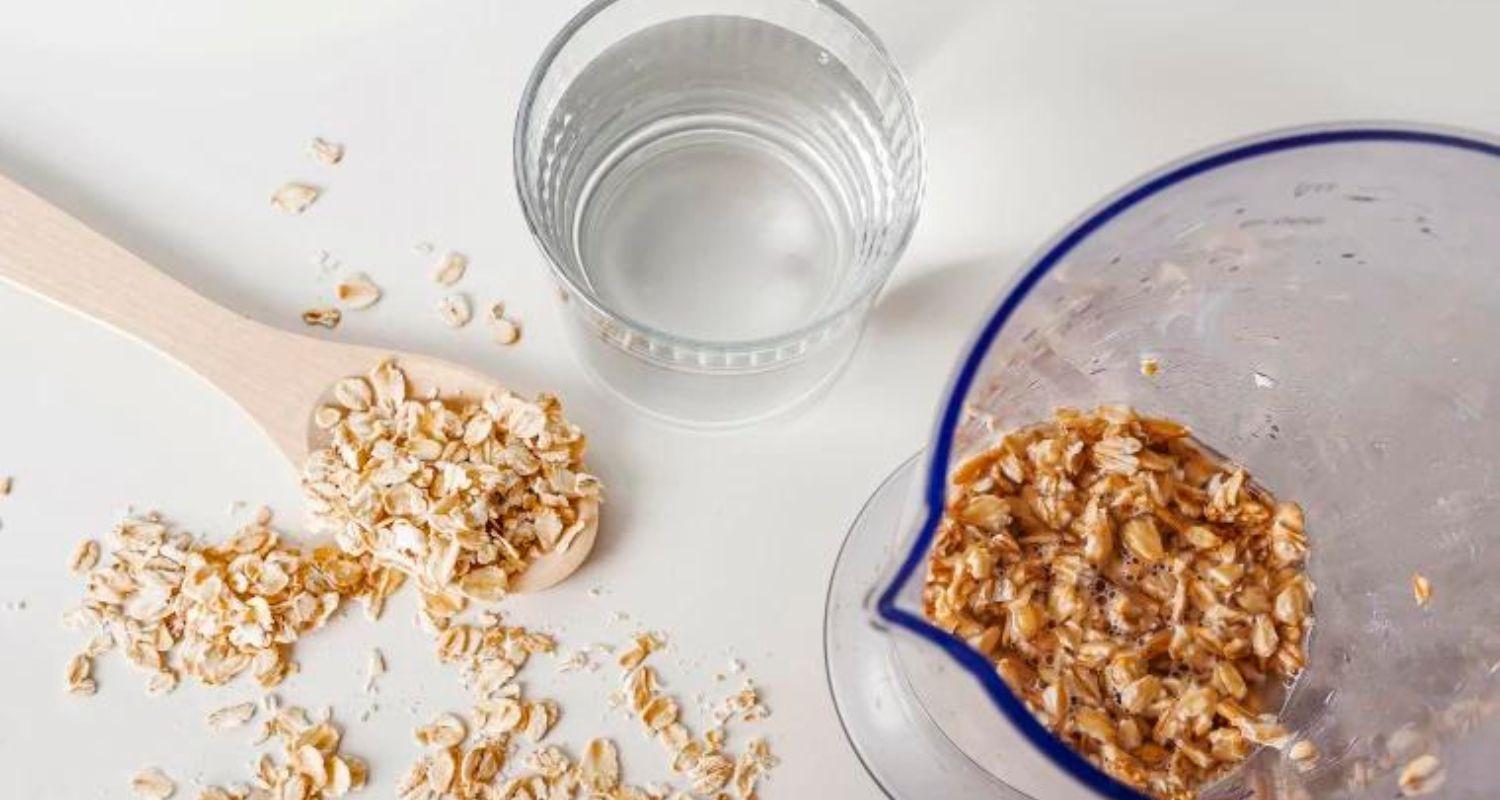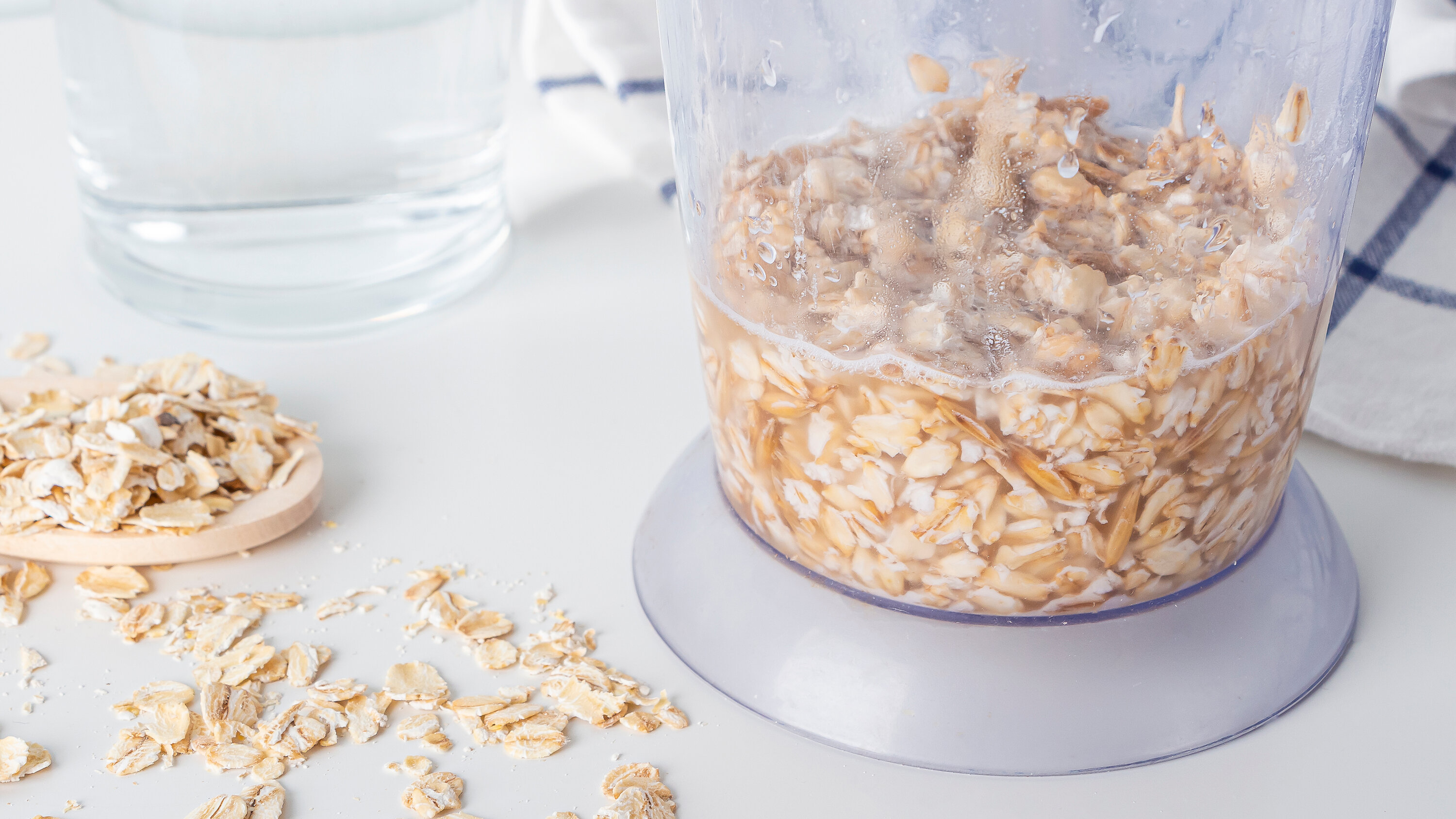The recent trend of Oatzempic, a drink made by blending oats with water and lime juice, has generated significant buzz online, particularly on platforms like TikTok. This concoction claims to promote rapid weight loss, similar to the diabetes medication Ozempic, which is known for its ability to regulate blood sugar and suppress appetite. While the idea of using oats as a natural alternative to Ozempic is enticing, experts caution that such claims are often exaggerated. Research suggests the soluble fiber in oats, particularly beta-glucan, can indeed enhance feelings of fullness, which may support weight management efforts. However, the effective weight loss results promised by the Oatzempic drink lack scientific backing. In a comparison of their efficacy, studies indicate that while oats can aid in reducing body weight to some extent, they do not mimic the potent effects of GLP-1 medications like Ozempic. Thus, individuals considering this trend should be wary and rely on a balanced diet and lifestyle for lasting results.

oatmeal ozempic weight loss
How Does Oatmeal Work for Weight Loss?
Oatmeal is gaining attention as a potential aid for weight loss, largely attributed to its high fiber content and unique nutritional profile. One of the primary components of oats is beta-glucan, a soluble fiber known for its ability to enhance satiety. This feeling of fullness can lead to reduced overall caloric intake, making it easier to maintain a calorie deficit, which is essential for weight loss.
Studies suggest that incorporating oatmeal into a balanced diet can promote feelings of fullness and help manage hunger better than many other breakfast options. The fiber in oats contributes to slower digestion, leading to a sustained release of energy and preventing those rapid spikes and crashes in blood sugar that can trigger further cravings.
Moreover, the consumption of oats may mimic some of the appetite-suppressing effects seen with medications like Ozempic, albeit in a far less potent manner. The dietary fiber in oats affects similar biochemical pathways that regulate appetite, thereby providing a natural alternative for those seeking to lose weight through dietary means instead of pharmaceuticals.
As a delicious and versatile food, oatmeal can be part of various meals. Adding fruits, nuts, or spices can enhance its nutritional value while keeping it interesting. Overall, while oatmeal can significantly support a weight loss journey, it should be included as part of a comprehensive approach that encompasses a well-rounded diet and regular physical activity.

oatmeal ozempic weight loss
Ozempic: What You Need to Know
Ozempic, known generically as semaglutide, has rapidly gained popularity in the weight-loss market. This medication is specifically designed to help individuals with diabetes manage their blood sugar levels while also facilitating weight loss by curbing appetite. The primary mechanism of Ozempic involves mimicking the effects of the gut hormone GLP-1, which plays a crucial role in regulating appetite suppression and promoting feelings of fullness.
In recent trends, a drink called Oatzempic has emerged, combining oats, water, and lime juice, claiming to replicate the weight-loss effects of Ozempic. While oats are rich in dietary fiber and can provide a feeling of satisfaction, studies suggest that they may stimulate similar pathways to those activated by GLP-1 medications but to a much lesser degree. The fiber contained in oats, particularly beta-glucan, can improve satiety, potentially aiding in weight management when included in a balanced diet.
However, health experts caution that the claims surrounding Oatzempic’s rapid weight loss effects lack scientific backing. Unlike Ozempic, which has undergone extensive clinical testing to verify its efficacy, the purported benefits of Oatzempic remain largely anecdotal. Moreover, the Oatzempic trend has gained traction on platforms like TikTok, where users share their experiences with mixed results, often combining it with other practices like intermittent fasting for enhanced weight management.
Ultimately, while oats can contribute positively to a diet, they do not match the potency of Ozempic. Thus, relying solely on Oatzempic for significant weight loss is unlikely to yield comparable results to those achieved through medically supervised use of Ozempic.

oatmeal ozempic weight loss
Do Oats Mimic Ozempic’s Effects?
Recent studies suggest that oats may share some biochemical pathways with Ozempic, known generically as semaglutide, which has gained popularity for its weight-loss benefits. Oats contain a specific type of fiber called beta-glucan, which has been identified to act on similar GLP-1 pathways that Ozempic targets. While this connection has sparked interest, key differences in their effectiveness for weight loss cannot be overlooked.
Ozempic works by mimicking the effects of naturally occurring hormones that regulate appetite and blood sugar levels. Research indicates that it can lead to significant weight loss, making it a potent medication for those struggling with obesity. In contrast, while oats can enhance feelings of fullness and may assist in weight management, their effect is far less dramatic than that of Ozempic. The consumption of oat-based products, like the viral Oatzempic drink trend, is claimed to help individuals lose weight; however, claims like losing 40 pounds over two months are not scientifically backed.
Nutrition experts emphasize that incorporating oats into a balanced diet can improve satiety and help maintain healthy eating habits, but it should not be regarded as a substitute for clinically proven weight-loss medications. Studies indicate that oats can aid in reducing body weight modestly through their satiating properties; however, they lack the direct pharmacological effects that semaglutide provides. Therefore, while the connection between oats and the mechanisms of Ozempic is intriguing, it is essential to approach such dietary claims critically, recognizing the substantial difference in their effectiveness for weight loss.

oatmeal ozempic weight loss
Claims vs. Reality: Weight Loss Outcomes
The Oatzempic drink, made from oats, water, and lime juice, has gained popularity on social media, particularly TikTok, where users claim it can lead to significant weight loss—up to 40 pounds in just two months. This drink’s name combines oats and Ozempic, a medication known for effective weight loss due to its appetite-suppressing properties. Proponents argue that the drink mimics Ozempic’s effects, primarily through its fiber content, which is designed to enhance feelings of fullness and promote satiety.
However, scientific evidence does not support the dramatic weight loss claims associated with Oatzempic. Research indicates that while oats are beneficial in a balanced diet and can aid in moderate weight loss, their GLP-1 agonistic effects are substantially weaker than those of semaglutide medications like Ozempic. For instance, studies have shown that dietary fiber, such as that found in oats, can reduce body weight, but the extent of this effect does not match the impactful weight loss seen in clinical Ozempic trials.
| Aspect | Oatzempic Claims | Scientific Evidence |
|---|---|---|
| Weight Loss | Up to 40 pounds in 2 months | Modest weight loss benefits associated with fiber |
| Mechanism | Fiber mimics Ozempic effects | Fiber promotes satiety, but lacks Ozempic’s potency |
| Ingredients | Oats, water, lime juice | High-fiber oats beneficial in diet |
Experts consistently argue that while oats are a nutritious addition to any diet, claiming that an oat drink can replicate Ozempic’s powerful weight loss effects is misleading. Instead, incorporating oats into a balanced diet may help manage weight, but should not be seen as a substitute for proven medical interventions when significant weight loss is required.

oatmeal ozempic weight loss
Expert Opinions: Nutritionists Weigh In
The recent Oatzempic trend has taken social media by storm, blending traditional oats with popular weight-loss drug Ozempic. Health professionals are urging caution, emphasizing the importance of evidence-based practices for effective weight management. According to dietitians, while oats are a rich source of fiber and can promote feelings of fullness, the claims surrounding Oatzempic’s miraculous weight loss are largely overstated.
Oatzempic, made from rolled oats, water, and lime juice, capitalizes on the notion that certain fibers in oats may influence satiation similar to the drug Ozempic, known for its appetite-suppressing effects. Recent studies indicate that oats contain beta-glucans, which may help with weight control by enhancing the body’s natural satiety signals. However, experts note that the effects of oats are significantly less potent than those of GLP-1 medications.
As nutritionists suggest, it’s crucial to maintain a balanced diet rather than relying solely on trendy drinks like Oatzempic. Incorporating a variety of whole foods not only supports overall health but is necessary for sustainable weight loss. Experts agree on the need for personalized nutrition plans tailored to individual health needs, rather than quick-fix solutions.
Many nutritionists caution against following viral diet trends without credible scientific backing. They emphasize the potential risks associated with drastic dietary changes motivated by social media hype. With claims of losing up to 40 pounds within two months, it is essential to approach such assertions critically and prioritize a nutritious diet over fleeting fads.

oatmeal ozempic weight loss
Final Thoughts: Which is Better for Weight Loss?
In assessing the weight loss potentials of Ozempic and Oatzempic, it’s essential to understand their mechanisms and effectiveness. Ozempic, containing semaglutide, is a prescription medication primarily used to treat type 2 diabetes. It works by mimicking the hormone GLP-1, which regulates blood sugar and appetite, leading to significant weight loss—often reported as up to 15% of body weight over time.
On the other hand, Oatzempic is a viral trend involving a drink made from blended oats, water, and lime juice. While oats are praised for their high fiber content, promoting feelings of fullness and aiding digestion, they do not exert the same weight loss effects as Ozempic. Recent studies suggest that oats may act on similar biochemical pathways but are far less potent than GLP-1 medications like Ozempic.
Some enthusiasts claim that Oatzempic can lead to substantial weight loss, with reports of losing up to 40 pounds in two months. However, these claims lack substantial scientific backing. Research indicates that while incorporating oats into your diet can assist in managing weight and supporting long-term health, they should be part of a balanced diet rather than a standalone solution.
For individuals looking to lose weight, it’s crucial to weigh options carefully. Consulting healthcare professionals can provide guidance based on personal health needs. While Ozempic may offer rapid results, integrating nutrient-dense foods like oats into an overall dietary strategy can also support healthy weight management over time.
FAQs about Oatzempic and Weight Loss
Oatzempic is a viral drink trend that combines oats, water, and lime juice, and claims to aid in weight loss by reducing appetite. While oats are nutritious and known for their high fiber content, leading to enhanced feelings of fullness, the rapid weight loss claims associated with Oatzempic lack scientific support.
Research highlights that oats contain beta-glucan, a type of fiber that can contribute to weight management by promoting satiety and reducing body weight over time. However, this effect is much less potent than that of Ozempic (semaglutide), a medication designed to regulate blood sugar and significantly curb appetite. Although some studies suggest oats may act on similar biochemical pathways as Ozempic, the effects are not comparable in strength.
Can oatmeal help with weight loss? Yes, incorporating oatmeal as part of a balanced diet may promote gradual weight loss. It is recommended to consume whole grains like oats, as they help with blood sugar regulation, which is crucial for weight management. However, relying solely on the Oatzempic drink for weight loss is not advisable.
Is oatmeal better than Ozempic for weight loss? Not exactly. While oats can support weight loss efforts, their effectiveness is not on par with the pharmaceutical benefits provided by Ozempic. For individuals looking to manage their weight, combining these foods may yield better results compared to using either one in isolation.
Some TikTok videos claim people can lose up to 40 pounds in two months by consuming Oatzempic. However, dietitian experts and research indicate that sustainable weight loss results from a comprehensive approach including healthy eating and regular exercise, rather than trendy drinks.
What is the Oatmeal Ozempic diet?
The Oatmeal Ozempic diet, often referred to as Oatzempic, is a viral drink trend made from blended oats, water, and lime juice. It combines the benefits of oats, known for their fiber content, with the weight loss effects of Ozempic, a medication that regulates blood sugar and curbs appetite.
Is oatmeal better than Ozempic for weight loss?
While oats are an excellent source of nutrients and can promote satiety, a new study suggests they are far less effective than Ozempic, a semaglutide-based medication designed for weight loss. The GLP-1 agonistic effects of oats are significantly weaker than those of semaglutide drugs like Ozempic.
Can you eat oatmeal on Ozempic?
Yes, you can eat oatmeal while on Ozempic. In fact, consuming whole grains like oatmeal can help regulate blood sugar levels and provide essential nutrients. However, it is essential to maintain a balanced diet to minimize potential side effects associated with Ozempic.
Can oatmeal help with weight loss?
Yes, oatmeal can support weight loss efforts. Research indicates that foods rich in beta-glucan, a type of fiber found in oats, may help reduce body weight and obesity due to their ability to enhance feelings of fullness.
What are the claims of the Oatzempic drink regarding weight loss?
Some TikTok users claim that the Oatzempic drink can lead to significant weight loss, with some reporting as much as 40 pounds in two months. However, these claims lack scientific support and should be approached with caution.
Are there any scientific studies supporting the Oatzempic drink’s effectiveness?
Recent studies have shown that oats may mimic some effects of GLP-1 medications like Ozempic, but they do not provide the same potency or effectiveness. There is no rigorous scientific evidence supporting the idea that the Oatzempic drink can produce rapid weight loss comparable to Ozempic.
What should I know before trying the Oatzempic drink?
It is essential to understand that while oats are nutritious and can contribute to a balanced diet, the Oatzempic drink has not been proven to deliver significant weight loss results. Consulting a healthcare professional before making drastic dietary changes is always advisable.
Is the Oatzempic trend safe?
The safety of the Oatzempic trend depends on individual health circumstances. While oats are generally healthy, the rapid weight loss claims associated with this drink lack scientific validation. Always check with a healthcare provider before starting any new diet or weight loss regimen.
Leave a Reply
You must be logged in to post a comment.